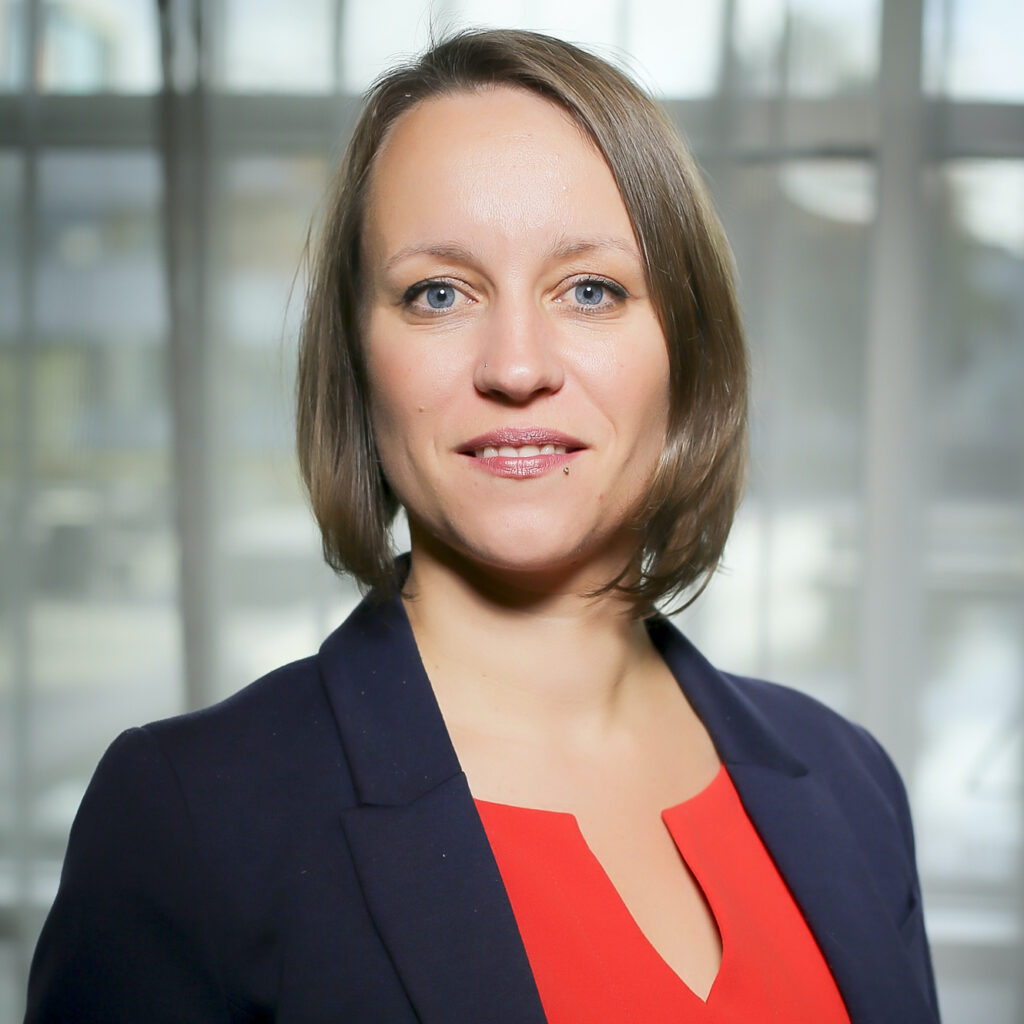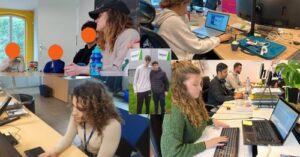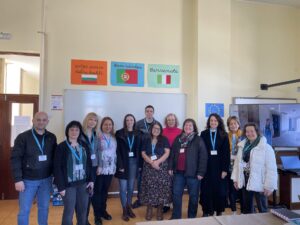We interview Emma Teirlynck, teacher at GO! Horticultural school in Melle. She studied biotechnology and obtained her PhD in veterinary science. She is one of the Belgian ambassadors for the European Vocational Skills Week.
Has it always been your ambition to teach?
No, not really. Shortly after my studies I started teacher training, but I stopped because I thought education was not for me. Later in my career I realised how important teachers are in the lives of students. That’s why I applied to the horticultural school where I’ve been teaching for two years now.
What projects have you developed in the meantime?
Together with several colleagues I started the aquaponics project and we are now working on it even further. Aquaponics is the combination of aquaculture, the cultivation of fish, and hydroponics, the cultivation of plants on water. With aquaponics you grow fish. The plants use the feces of the fish as nutrients and thus filter the water in which the fish live. In this way you create a circular system in which you only feed the fish. All the rest can be reused. In addition to achieving the technical curriculum objectives, we want to demonstrate with this project that the various departments and disciplines need each other.
We have already set up courses for the students and are working on a workbook with photos. The intention is to start up a system every year. In this way, the students can go through the entire process of making analyses and drawing conclusions.
You have been chosen as ambassador for our country for the European Vocational Skills Week. What did this mean for you?
I found it surprising because I haven’t been in education that long, but it was quite an honour. It is nice to get recognition for your work, also for the students. This ambassadorship confirms that the work we do is appreciated.
What have you picked up yourself during this week?
I found that a lot of people are working on Vocational Skills. As a teacher, you are relatively alone in these kinds of projects. You have a team within the school, but otherwise you are on your own. It’s nice to see that there is a lot going on in Europe in the field of vocational skills. We can learn a lot from each other.
To conclude: what would you like to see for your students in 10 years’ time?
Contact education remains necessary. The Corona crisis has shown that teachers, but especially students, need contact education.
Hopefully there will be more room for innovation and we will be able to offer subjects that are more focused on professional practice.
I hope that technical, general and professional education can stand side by side. That we no longer see this as a waterfall system in which one is worth more than the other, but that we value every link in the chain.





